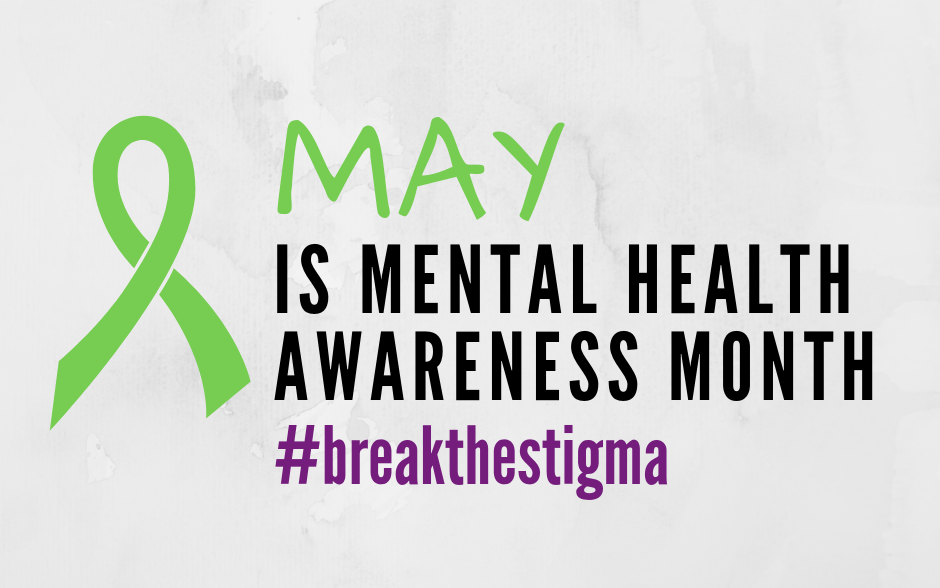(National Law Review) It’s Mental Health Awareness Month, and you will see a lot of social media posts about breaking the stigma this month and raising awareness for mental health issues and that’s great, but this isn’t that post.
1 in 5 people will experience some sort of mental health issue (I don’t like calling it an “illness” per se) over the course of their lifetimes and 1 in 4 people are dealing with one right now. Even if you don’t experience a mental health issue, you will still likely face challenges that impact your mental health and wellbeing.
I’ve shared my personal story about dealing with depression in order to shine a light on showing that it’s okay to not be okay all of the time and that just because you struggle with a mental health issue doesn’t mean you can’t be successful or lead a great life. Because we are not defined by our mental health issues.
You can run a successful business, be a great employee, be a super mom and partner – whatever it is that you want to accomplish – and you can still have a mental health issue.
Here’s the thing – it’s okay to ask for help – we are lucky to have access to it – it doesn’t mean you are weak if you take meds or go to therapy.
I’m passionate about standing up for mental health awareness and I always worry – what if people think I’m less capable of providing great work? What if someone doesn’t want to work with me because I stand up for this issue?
But raising awareness is more important to me than what people will think and if I can use my platform to help one person, then I will have done something good. I want others to know they aren’t alone.
How can you help?
You can also share mental health resources such as the National Institute of Mental Health (NIMH), Anxiety and Depression Association of America (ADAA) and American Foundation for Suicide Prevention.
And remember – we are not defined by our mental health issues and it’s okay to not be okay – so many people are right there with you, including me.
Check in on yourself and others. Take care of yourself and others. Share your story in a way that is comfortable for you. When we speak about it, we give others the courage to share their stories and normalize conversations about mental health.
Source: National Law Review


